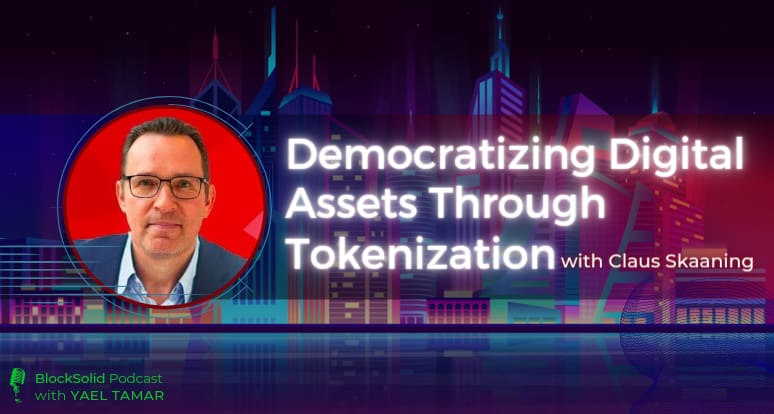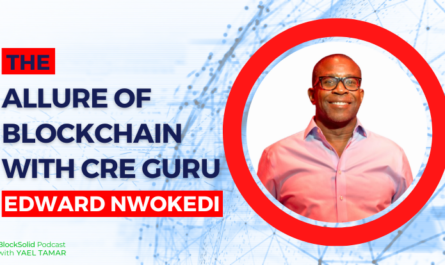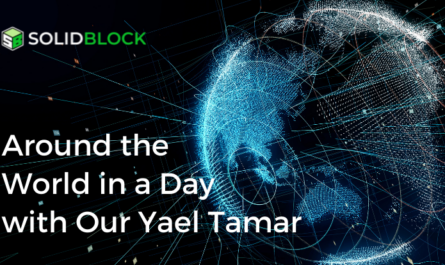
“The benefits of tokenized real estate are in the infrastructure itself and the ability to self-custody your digital assets,” says DigiShares CEO Claus Skanning. Claus believes that tokenization will become extremely important and influential for the real estate market in the future.
Describing his company as a combination of a crowdfunding platform, a corporate management platform with automated compliant share cap table updates, and a trading platform, Claus explains that DigiShares is “blockchain agnostic,” meaning the platform can work with different blockchains.
“Ninety-five percent of our clients are conservative and stick to the main Ethereum blockchain,” he says. “A few are more savvy and have their own opinions about how to move forward,” including working with Ravencoin and Polymesh.
Recently, DigiShares began working with Polymesh, a permissioned institutional-level blockchain, via Polymesh’s new Ecosystem Development Fund (EDF) that will enable issuers to create and manage security tokens on Polymesh using DigiShares’ tokenization platform,Tokenization has the potential to unlock trillions of dollars in liquidity, in part by bringing thousands of ordinary traders to assets typically reserved for big-money investors, says Claus. But with such great potential comes the need for the right technologies and regulatory approach to enable greater adoption of security tokens. Tools need to take full advantage of blockchain digitization and automation in ways that are compliant with legislation.
“We need to work together,” he said, referring to BlockSolid podcast host and CEO of SolidBlock Yael Tamar. “We are creating a great infrastructure for liquidity, automation and innovation. But we are still at that stage where we are trying to cross a chasm.”
Currently, an MIT report says that 93% of real estate is beyond the reach of retail investors. But Claus firmly believes that even this will change.
“We need the regulators to understand that a token itself can represent a share. It may not be the share itself, but it represents the share and can be used to update the share cap table as it moves from wallet to wallet.”
Just as retail investors are now heavily invested in the securities market, so too will they become involved in the digital securities market. “We need to be more patient,” he suggests.
“We can fractionize, we can democratize, we can develop the retail investors, as a new funding channel for real estate products. And at the same time, we can give retail investors access to real estate as an asset that they can use to protect their savings in the future and, possibly create more equal access to more attractive investments.” says Claus.
For more insightful information on the future of tokenized real estate, listen to the full BlockSolid podcast interview , with host Yael Tamar, CEO & Co-founder, SolidBlock

 by
by 

